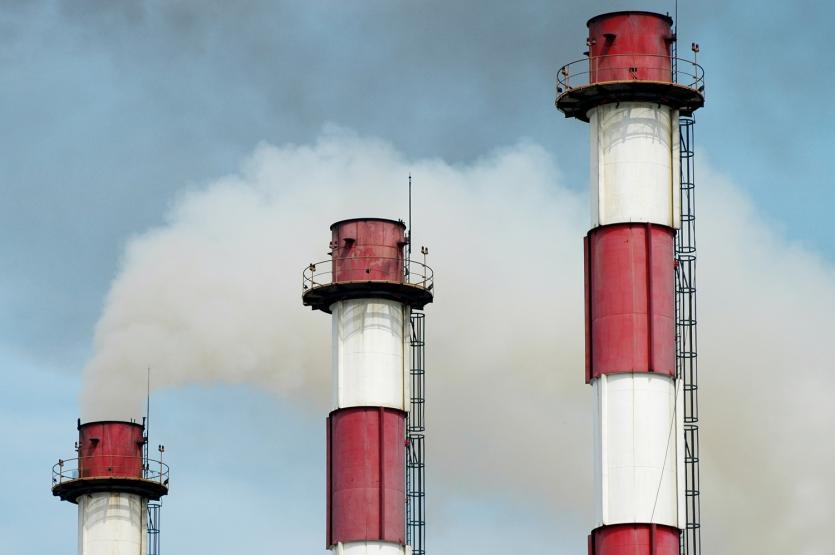Photo by Gary Tamin from FreeImages
By Patryk Krych | The World Daily | OCTOBER 13th 2021
With the current pledges taken on by countries worldwide to reduce their total carbon emissions, it’s been estimated by the International Energy Agency (IEA) that rather than net zero, the emissions drop by 2020 will only be 40%.
With the expected carbon drop having been estimated to be an entire 60% short of the net zero targets, the IEA are going to be using the upcoming Cop26 climate conference set to take place in Glasgow as an opportunity to discuss the issue and highlight the main problems that have yet to be contended with.
The findings were published in the IEA’s World Energy Outlook 2021 report, which read: “Getting the world on track for 1.5 °C requires a surge in annual investment in clean energy projects and infrastructure to nearly USD 4 trillion by 2030.”
“We are witnessing an unsustainable recovery from the pandemic,” said Fatih Birol, the executive director at IEA. He pointed out that the global use of coal was gradually growing amidst Covid-19 recovery. He added that some of the more major world economies were already missing out on the opportunity to invest in cleaner energy.
“I’d like to see world leaders … come together and give a political message to the world that we are determined to have a clean energy future,” said Birol. “[They should say] we are determined, if you invest in old energy sources, dirty energy sources, you are risking to lose your money. If you invest in clean energy, you’ll make handsome profits.”
The IEA had also found this year had seen the second-largest CO2 emissions jump in all of history, largely due to the fossil fuel rebound associated with the pandemic recovery. Despite the surge in clean and renewable energies, there are still major problems with encouraging the agreements set down during the Paris Climate Accords.
It’d been further estimated by the IEA that around $4 trillion USD in clean energy investment would be necessary to close the gap and limit the disastrous effects of global warming – an ambitious goal that would need to happen this decade in order to prove effective.






